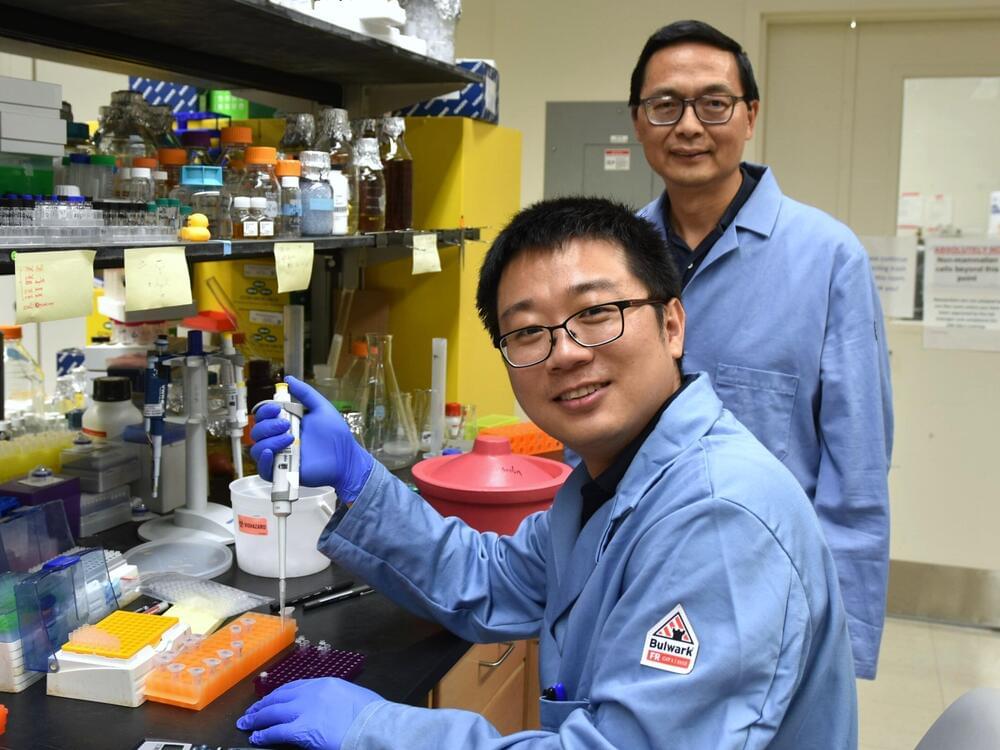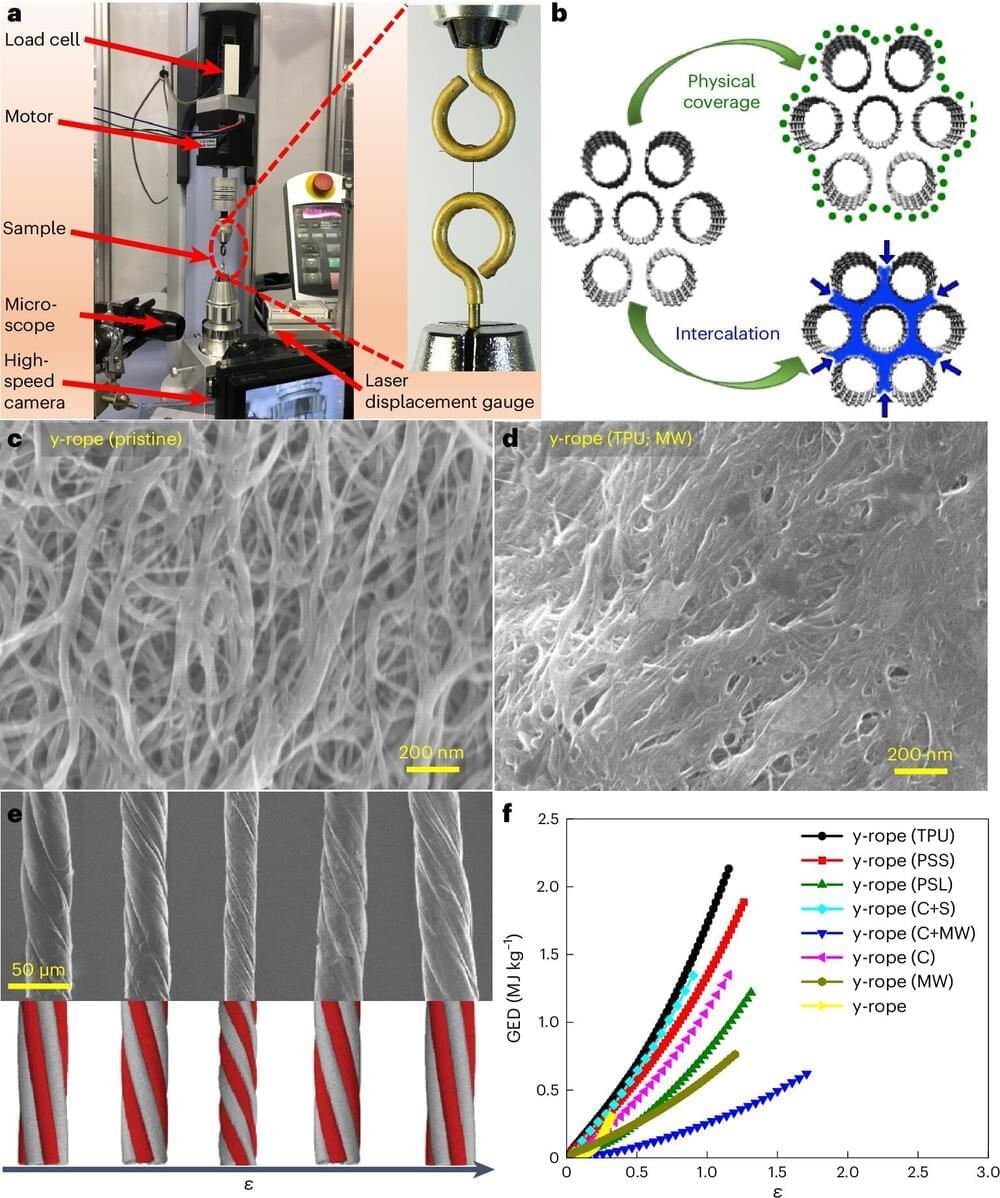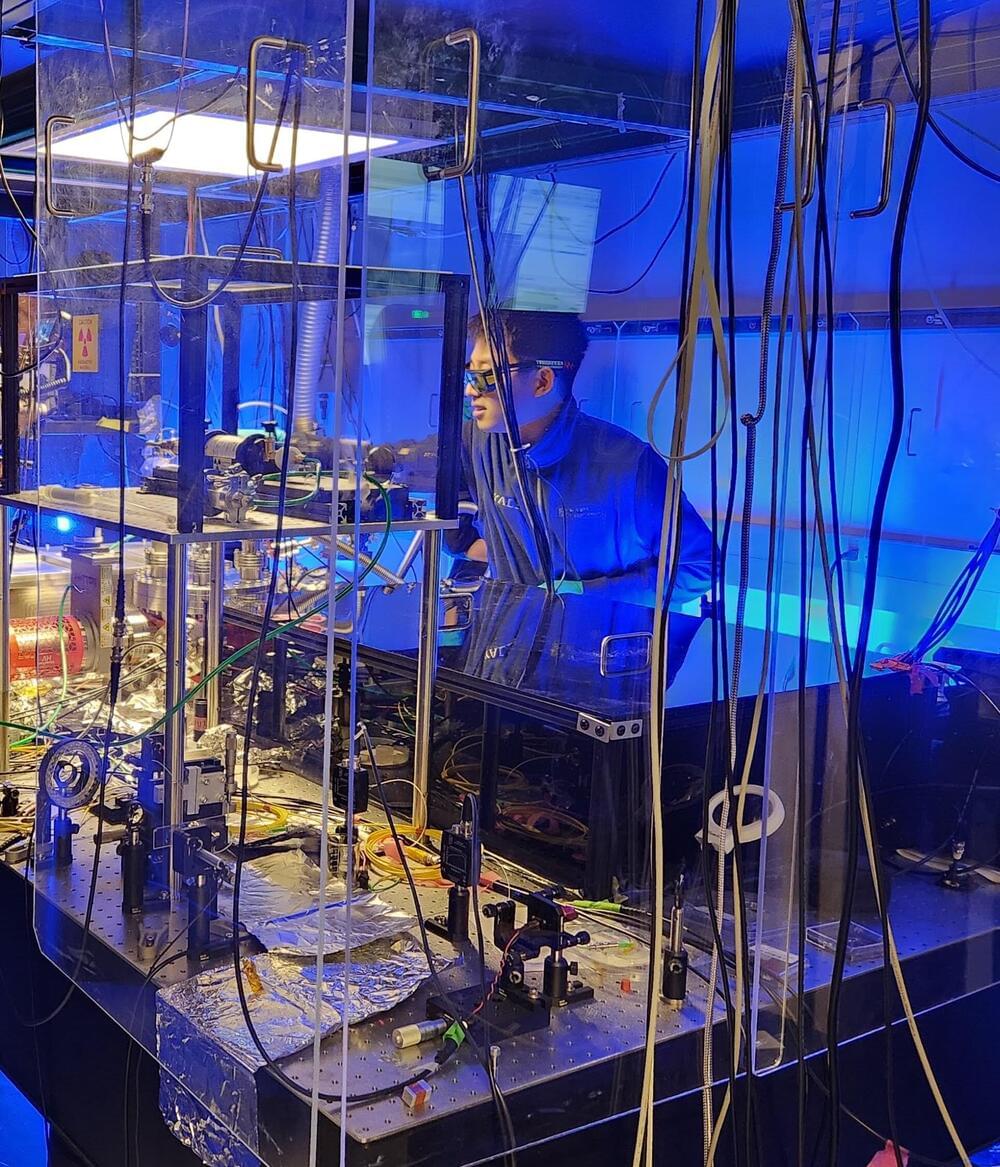Silicon Valley will make oil, nuclear, natural gas, coal, electric utilities, and conventional gas cars obsolete by 2030, leading to the greatest explosion in wealth in history by 2050 Questions to inspire discussion What industries will become obsolete by 2030? —Oil, nuclear, natural gas, coal, electric utilities, a.
Get the latest international news and world events from around the world.

Tesla FSD V12.5 Rollout: Significant Improvement and Potential for Tesla-Owned Fleet
Brighter with Herbert.

Ilya Sutskever | AGI will all happen next year | AGI will profoundly affect human development
Popular and powerful AI tools► AI generated video➜https://bit.ly/MEandGPT►AI generated pictures➜https://bit.ly/PMEandGPT► AI dubbing➜https://bit.ly/MMEandGPT


Twisted carbon nanotubes could achieve significantly better energy storage than advanced lithium-ion batteries
An international team of scientists, including two researchers who now work in the Center for Advanced Sensor Technology (CAST) at UMBC, has shown that twisted carbon nanotubes can store three times more energy per unit mass than advanced lithium-ion batteries. The finding may advance carbon nanotubes as a promising solution for storing energy in devices that need to be lightweight, compact, and safe, such as medical implants and sensors. The research was published recently in the journal Nature Nanotechnology.



Physicists introduce method for mechanical detection of individual nuclear decays
In recent years, physicists and engineers have developed increasingly sophisticated instruments to study particles and the interactions between them with high precision. These instruments, which include particle detectors, sensors and accelerometers, could help researchers to study physical processes in greater detail, potentially contributing to interesting new discoveries.